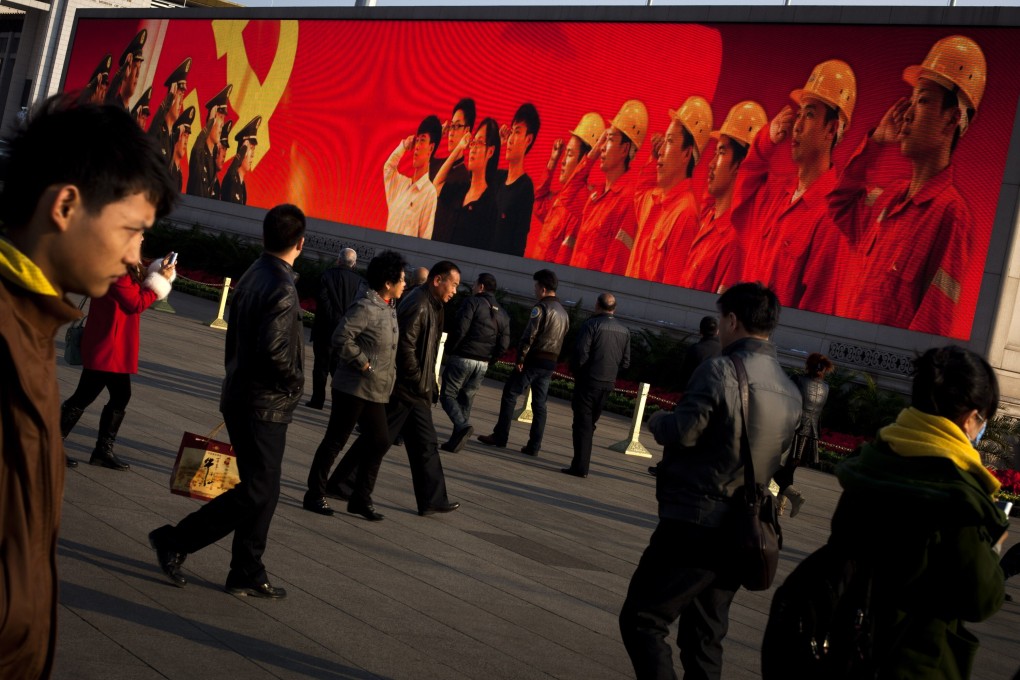My Take | Why China lacks ‘discourse power’
- Beijing is right to fret about its lack of ‘huayuquan’, but unless it masters the art of public relations and shaping public opinion, the essential skill set of successful Western politicians, they will always find it hard to compete in the international arena

China’s intellectuals and policymakers fret a lot about what they call huayuquan. It’s often translated as discourse power, though literally, it means the right to speak or the power/authority to speak.
Their frustration and anxiety is understandable. China has become a global power and the second-largest economy in the world, yet its discourse power, part of its soft power, is not commensurate with its hard power. The West, especially the United States, may be in decline – that is, at least by some socio-economic matrices – but its discourse power still predominates.
Xi Jinping took power in late 2012. By the following year, huayuquan became a matter of national policy and part of a comprehensive foreign policy. Key party conferences were held to emphasise its importance. At the National Propaganda and Ideology Work Conference in August 2013, Xi told officials the “propaganda, ideological and cultural front” should grasp huayuquan to tell China’s stories and spread her voice.
In September, at the third plenary session of the 18th party congress, the deepening of reform was adopted, which included strengthening its international communication capacity “to promote its culture throughout the world, and to build a system of discourse for the outside world”. Then in December, the 12th Politburo collective study focused on “improving the nation’s culture and soft power” by enhancing China’s huayuquan.
Today, China has no difficulty speaking out and making itself heard. However, the real issue is whether it is listened to and whether it is getting its messages across. By virtue of its state authoritarianism, the central government in Beijing has one great advantage that Western public relations companies try to make sure their corporate clients adhere to: speak through a single official channel, with a single, uniform message.

Western governments, on the other hand, have much greater problems preventing what may be called “message or information leakage”, requiring, for example, the late US president Richard Nixon to call in “the plumbers” that ultimately led to Watergate.
